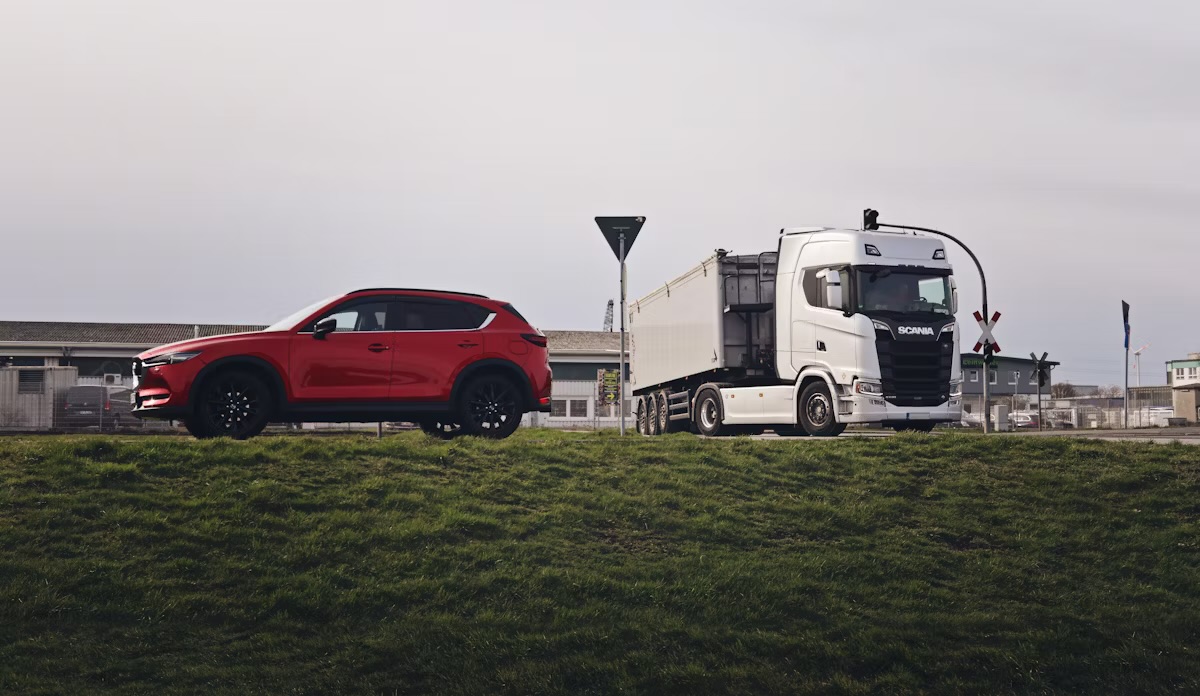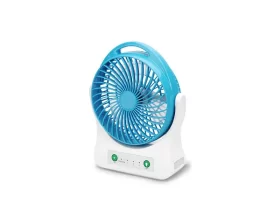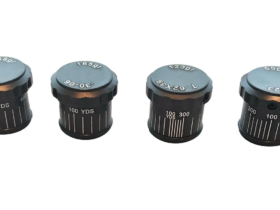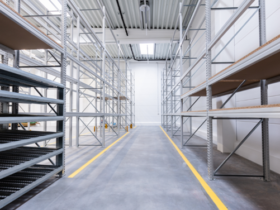Shipping a car to a new location is a significant undertaking, requiring careful planning and the right equipment. One of the most crucial decisions is selecting the right shipping container to ensure your vehicle’s safety and protection during transit. With various options available, it is essential to understand the factors involved in making the best choice.
Here are five key considerations to help you choose the perfect shipping container for transporting your car.
Understand the Types of Shipping Containers Available
Shipping containers for cars come in two primary types: enclosed containers and open containers. Enclosed containers, also known as sealed containers, provide maximum protection against weather conditions, dust, and debris. These are ideal for luxury, vintage, or high-value vehicles that require extra care.
Open containers, while more affordable, expose your car to the elements and potential damage. Understanding the pros and cons of each type will help you determine which container suits your vehicle’s specific needs and your budget.
Compare Shipping Containers to Find the Right Fit
Not all cars are the same size, and shipping containers come in different dimensions to accommodate various vehicle types. Therefore, it is crucial to compare shipping containers to find the right size for your car. Standard containers are typically 20 or 40 feet long, but specialized containers, such as high-cube or flat-rack containers, may be needed for oversized vehicles.
Carefully measure your car and compare it with the container dimensions to avoid issues like insufficient space or instability during transit. Selecting a container that fits your car snugly reduces the risk of movement and potential damage.
Consider the Destination and Shipping Route
The route and destination play a significant role in determining the right container. For international shipping, it is essential to use containers that meet global shipping standards, such as ISO-certified containers. If your car will be transported through harsh climates or across long distances, an enclosed container is recommended for better protection.
Additionally, consider the shipping company’s route and whether it involves multiple transfers, as this increases the likelihood of damage if the container is not suitable.
Evaluate Security Features
When shipping your car, security is a top priority. Look for containers equipped with sturdy locking mechanisms, anti-theft features, and durable materials to protect against unauthorized access.
Enclosed containers often offer better security since they completely shield the vehicle from view. For extra peace of mind, ask the shipping company if they offer tracking services or additional security measures to ensure your car’s safe arrival at its destination.
Factor in Cost and Insurance Options
The cost of the shipping container is another critical consideration. Enclosed containers are typically more expensive due to the added protection they provide, while open containers are more budget-friendly. However, it is important to balance cost with the level of safety your car requires.
Additionally, inquire about insurance options offered by the shipping company. A comprehensive insurance policy will cover damages that might occur during transit, providing financial protection and peace of mind.
In conclusion, choosing the right shipping container for your car involves evaluating container types, comparing sizes, considering the shipping route, prioritizing security, and factoring in costs and insurance.











